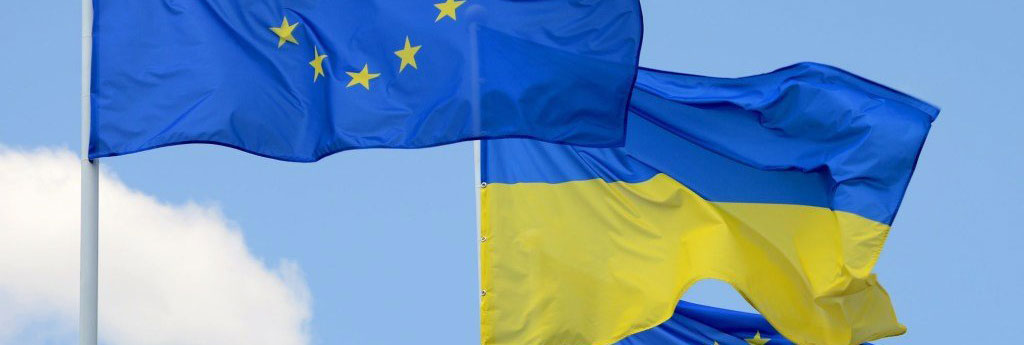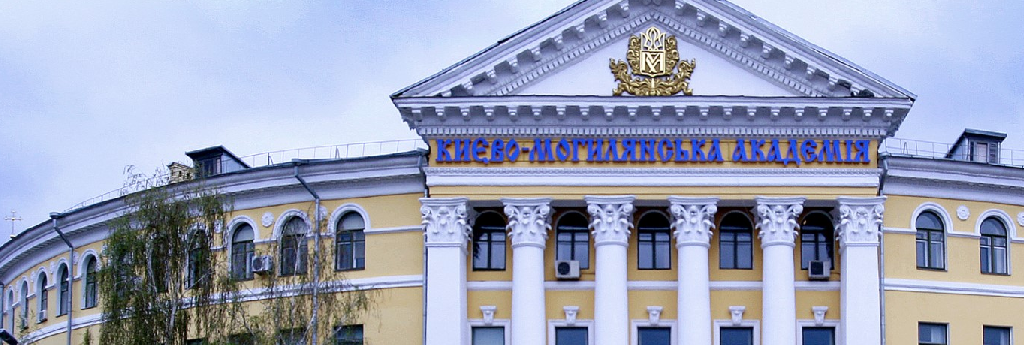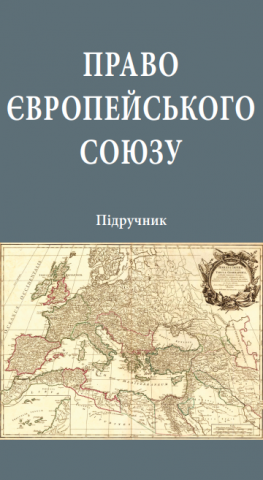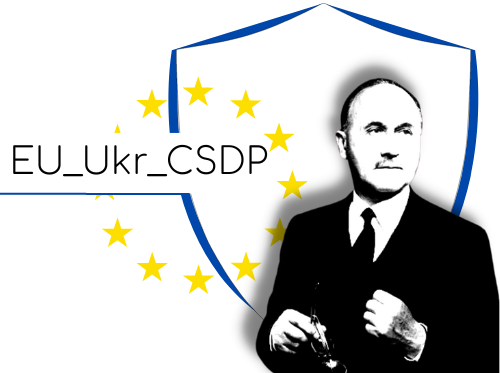Legal background for EU CSDP
The current consolidated versions of the Treaty on European Union and the Treaty on the Functioning of the European Union includes the scope of tasks under the Common security and defense policy (CSDP), including the concept of political and military solidarity among EU Member States indicated in the mutual assistance clause (Article 42(7) TEU) and a solidarity clause (Article 222 TFEU).
According to article 42 (7) of the consolidated version of the Treaty on European Union, "If a Member State is the victim of armed aggression on its territory, the other Member States shall have towards it an obligation of aid and assistance by all the means in their power, in accordance with Article 51 of the United Nations Charter. This shall not prejudice the specific character of the security and defence policy of certain Member States. [...]"
More specifically, the functioning of the CSDP are explained in Title V (General provisions on the Union’s external action and specific provisions on the common foreign and security policy), Chapter 2 (Specific provisions on the common foreign and security policy), Section 2 (Provisions on the common security and defence policy) of the Treaty of Lisbon. Section 2 comprises five articles: Articles 42 to 46.
The CSDP is further described in amendments to the Treaty of Lisbon, mainly Protocols No 1 (on the role of national parliaments in the European Union), 10 (on Permanent Structured Cooperation established by Article 42 of the Treaty on European Union) and 11 (on Article 42 of the Treaty on European Union), as well in Declarations 13 (Declaration concerning the common foreign and security policy) and 14 (Declaration concerning the common foreign and security policy).
Decisions relating to the CSDP are taken by the European Council and the Council of the European Union (Article 42 TEU). They are taken by unanimity, with some notable exceptions relating to the European Defence Agency (EDA, Article 45 TEU) and permanent structured cooperation (PESCO, Article 46 TEU), to which majority voting applies. Proposals for decisions are normally made by the High Representative of the Union for Foreign Affairs and Security Policy, who also acts as Vice-President of the European Commission (the VP/HR).






